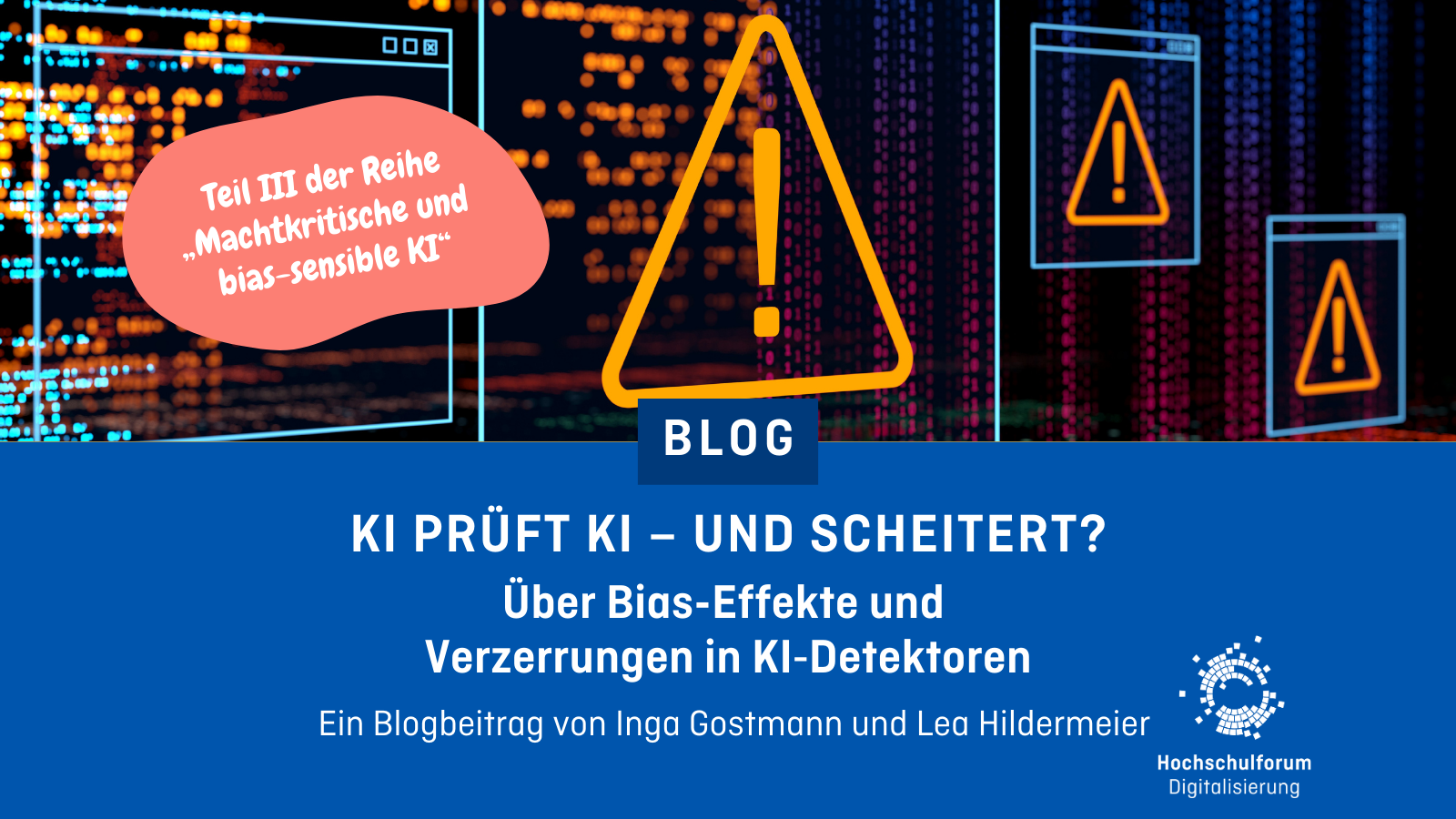Making mental health visible
Making mental health visible
28.08.24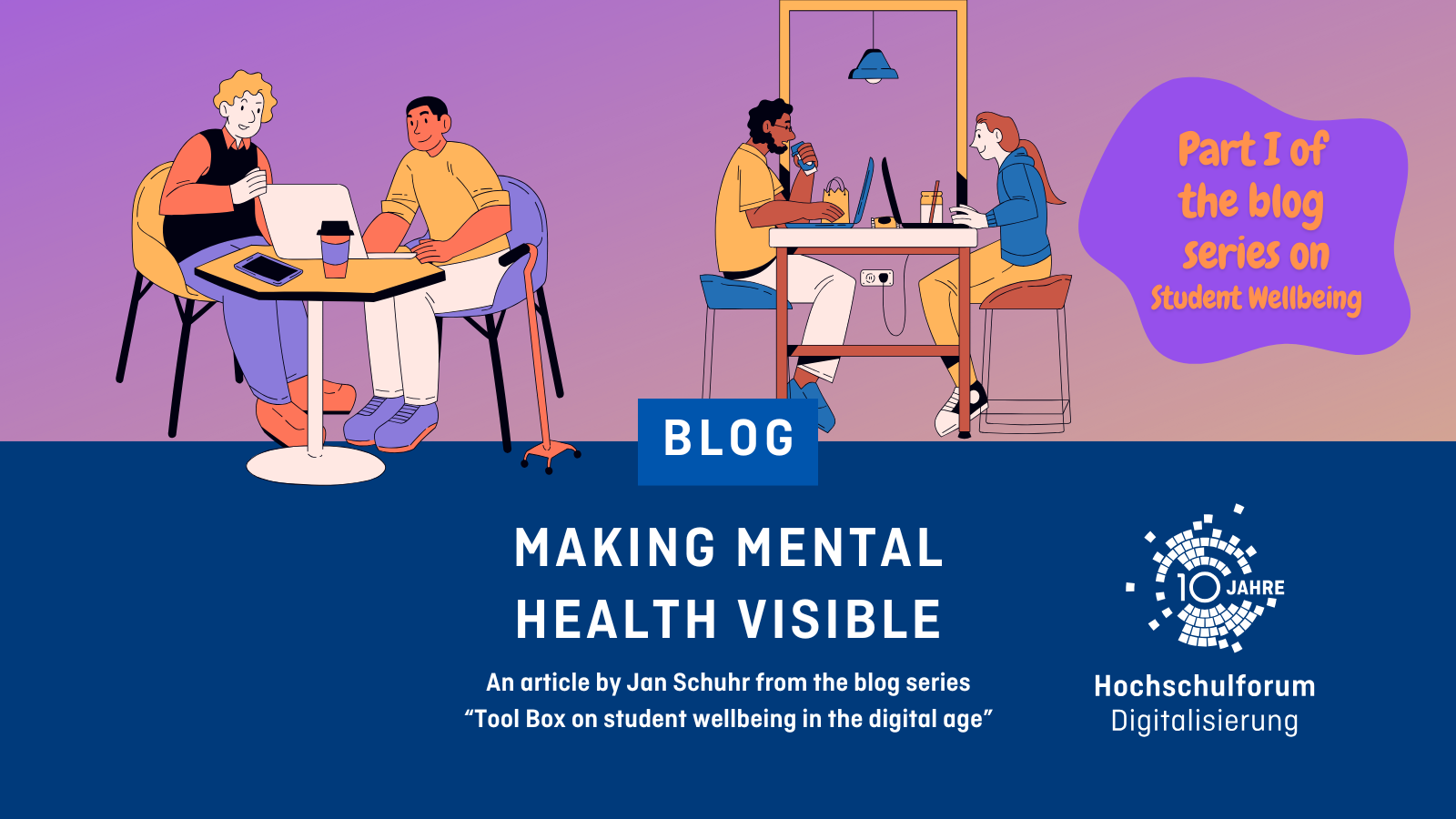
Mental health in higher education is becoming increasingly important. Following the HFD spotlight “Student Mental Health in Digital Higher Education”, a series of blogs now presents further tools to bring the mental health of students more into focus. In this first article, Jan Schuhr from the enhance project discusses strategies for making mental stress visible. A step-by-step guide in the appendix of the article is intended to serve as a suggestion on what to consider when planning and implementing a visibility campaign in the university context and how to involve students in its design.
Numerous representative surveys at federal and state level (after and during the corona pandemic) provide an impressive indication that the majority of students are under a great deal of psychological stress in their everyday study life and as a result of study requirements (BMBF, 2023). Furthermore, mental illness is the most common illness among students. In society as a whole, resources for mental health care are inadequate in relation to this need. In spring 2024, an expansion of services and the range of services is increasingly noticeable. Digital services in particular (e.g. virtual consultation hours or health apps) are increasingly enabling low-threshold and flexible help. The growing importance of students’ mental health can also be seen in the efforts of nationwide networks (e.g. Working group for health-promoting universities, Mindful Universities Network) and individual actors at various levels (e.g. Lisa Niendorf as “frauforschung” via Instagram, TikTok and YouTube).
Why we (still) talk about mental stress as a stigma at universities …
…. sometimes becomes clear in view of central narratives of university studies: pressure to perform is still considered a principle, characteristic or prerequisite for academic success, even though it is measured as a decisive cause of mental stress among students (BMBF, 2023; Ulrich, 2021). This is underlined, for example, by decisions on condensed examination and study performance at the faculties as well as typical beliefs on coping with studies: ” You have to work and there’s nothing to discuss, you have to sit there, you have to fulfill your tasks” (Rahel, 6th FS. Voice, summer semester 2022); “It’s extremely stressful and you can drown or sink in it. But that’s just the way it is. (…) Deal with it or you just can’t do it” (Filou, 12th FS. Law, winter semester 2022/23)” (Qualitative student survey in Saxony, cf. Schuhr and Brock, 2024). Relativizing, trivializing or, in some contexts, even glorifying excessive pressure during studies makes it possible to normalize the resulting experience of stress and to question the problematization and legitimacy of one’s own discomfort.
In this respect, the findings regarding limited health literacy (i.e. insufficient understanding, assessment and application of health information) in Schricker et al. (2020) in 58.5% of 996 students surveyed or the digital health literacy in Dadaczynski et al. (2022) for 35.1%-42,3% (n=14,916) is hardly surprising. With specific reference to psychosocial support, Günthner et al. (2023) also found that 37.0% of 5474 students had no knowledge of the availability of psychological counseling services at their universities. These and other studies have also identified significant correlations between reduced health knowledge and an increased likelihood of illness, as well as between help-avoidance behavior and a deterioration in students’ psychological resilience (ibid., Reick and Hering, 2018). The conclusions drawn from the findings about an urgent need to expand psychoeducational measures at universities therefore relate to cultural aspects such as the reduction of health-related stigmas and direct disease prevention. The social inequality of students and the associated unequal distribution of time and economic resources for coping with their studies play a decisive role in both contexts.
This is because, again unsurprisingly, experiencing less or less pressure to perform during studies and having improved health literacy is linked to socio-economic privileges (Schricker et al., 2020, BMBF, 2023). Meanwhile, the systematization of study organization continues to be aligned with the problem-creating narrative of a student ideal type. An interview section of our qualitative survey at Saxon universities points this out: “A lot of things are geared towards young, independent people who simply have time at all times. And I think that’s often not the reality of life. (…) that makes it very difficult to keep it up” (Nina, 5 FS. Psychology, summer semester 2022, cf. Schuhr and Brock, 2024).
We speak of mental stress as a stigma at universities, as the status of mental stress and those (particularly) affected by it is contrary to the main goals of universities (e.g. high graduation rates) and the conditions for the likely achievement of these goals (e.g. financial and time independence). In order to change the study narrative, which is characterized as problematic, a public differentiation of the understanding of stress, taking into account the study requirements and prerequisites, seems necessary.
How- and Where-To: life situation-oriented sensitization and information
In view of the current stressful situation of students, it no longer seems sufficient to simply make health knowledge and resources visible. Rather, a universal presence of these topics is required. Up to now, health offers and information have mostly been organized in extracurricular formats or in the form of long PDF documents. Students have to find these either among the many notices in the faculties or on the university platforms (e.g. Stud.IP, Moodle or the university’s own website), which are difficult to navigate. Similarly, circular e-mails and university social media appearances on health topics primarily reach those who have a fundamental interest in the outcome or access the relevant channels at the time of posting before the content is displaced by new information stimuli.
In order to reduce the time and location dependency of these strategies and to reach students in a wide variety of life situations, orientation towards the (virtual) interaction spaces that are regular and obligatory for students at universities can contribute to improving the accessibility of students in their various life situations. In particular, if psychological stress conditions lead to those affected reducing their interaction radius to the bare minimum, the placement of help or help information within this radius makes it easier to make use of it. For example, introductory events and the event folders on the digital university platformsseem to be a suitable context for making psychosocial services visible and promoting the legitimacy of being able to make use of them in the event of study-related stress. Of course, this presupposes that lecturers are provided with the relevant information and encouraged to do so.
The provision of supporting content does not release students from the task of discussing their ideas and needs regarding the compatibility of study requirements and mental health in an ongoing dialog with students. The suggestions and explanations listed here are therefore intended as starting points that can be taken up by teachers and those responsible for teaching in order to think them through further together with the students.
A detailed step-by-step guide on how to run a visibility campaign at your university can be downloaded here free of charge:
Bibliography
Bundesministerium für Bildung und Forschung (BMBF) (2023). Die Studierendenbefragung in Deutschland: 22. Sozialerhebung. Die Soziale und Wirtschaftliche Lage der Studierenden in Deutschland 2021
Dadaczynski, K., Messer, M., Rathmann, K., Okan, O. (2022). Digitale Gesundheitskompetenz von Studierenden während der COVID-19 Pandemie. Befunde zur Ausprägung und Assoziationen mit Informationszufriedenheit und psychischer Gesundheit. In: Rathmann, K., Dadaczynski, K., Okan, O., Messer, M. (Hg.) Gesundheitskompetenz. Springer Reference Pflege – Therapie – Gesundheit . Springer, Berlin, Heidelberg. doi.org/10.1007/978-3-662-62800-3_87-1
Günthner, L., Baldofski, S., Kohls, E., Schuhr, J., Brock, T., & Rummel-Kluge, C. (2023). Differences in Help-Seeking Behavior among University Students during the COVID-19 Pandemic Depending on Mental Health Status: Results from a Cross-Sectional Survey. Behav. Sci, 13(885). https://doi.org/doi.org/10.3390/bs13110885
Reick S, Hering T. (2018) Gesundheitskompetenz Studierender – Ergebnisse einer Online-Befragung an der Hochschule für Gesundheit Bochum. Int J Health Prof 5:44–52
Schricker, J., Rathmann, K., Dadaczynski, K (2020) Soziale Unterschiede in der Gesundheitskompetenz von Studierenden: Ergebnisse einer Online-Studie an der Technischen Universität Dortmund. Präv Gesundheitsf 15, 8–14 doi.org/10.1007/s11553-019-00731-6
Schuhr, J., Brock, T. (2024) Gesundheitsstandort Hochschule: Welche Herausforderungen und Chancen bieten digitale Lehrräume für die psychosoziale Gesundheit und Diversität von Studierenden? In: Witt et al. (Hg) Diversität und Digitalität in der Hochschullehre. Transcript Verlag, Bielefeld. (Erscheint am 27.08.2024)
Ullrich, C. G. (2021). Die Wahrnehmung und Deutung von Leistung und Leistungsprinzip bei Studierenden. Beiträge zur Hochschulforschung, 43(3), 94-106
Author

Jan Schuhr (he/him), sociologist M.A. at the Center for Research, Continuing Education and Counseling at ehs Dresden. Research associate in the ENHANCE project (Mental Health in the context of digitization processes at universities) and lecturer (obA) at the University of Applied Sciences for Social Work, Education and Nursing in Dresden. Current research interests include questions of health, organizational and digitalization sociology as well as empirical research strategies in the consideration of social inequalities
This blog post is part 1 of the blog series “Toolbox on Student Wellbeing in the Digital Age”. This is a cooperation between the ENHANCE project (Mental Health in the context of digitalization processes at universities) at EHS Dresden and the HFD think tank Well-Being in the digital age at universities under the direction of Tina Basner. Feel free to share your ideas with us and the HFD community via the comment function or contact us by e-mail at tina.basner@che.de.


 Kim Althoff
Kim Althoff 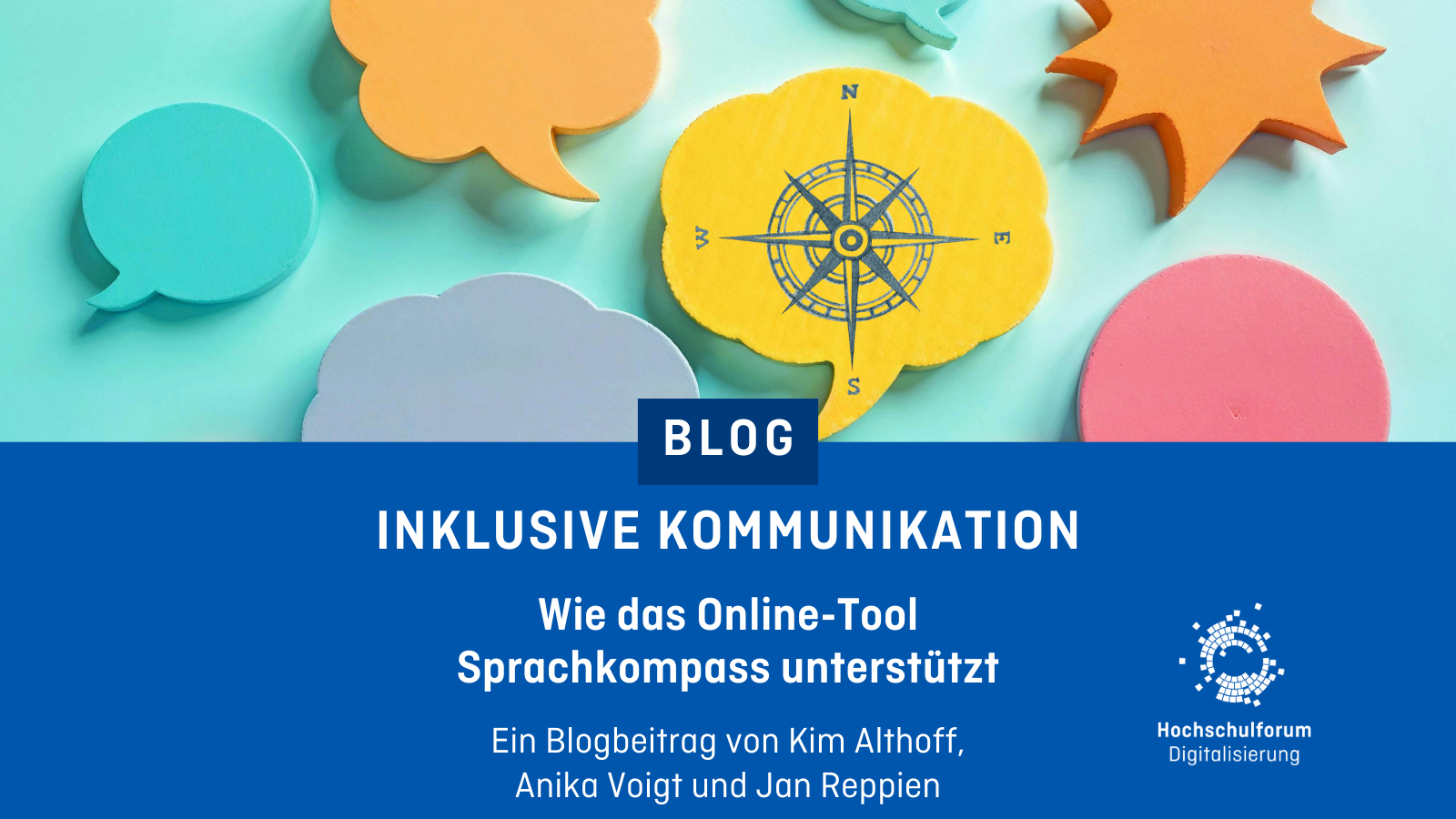
 Theresa Sommer
Theresa Sommer 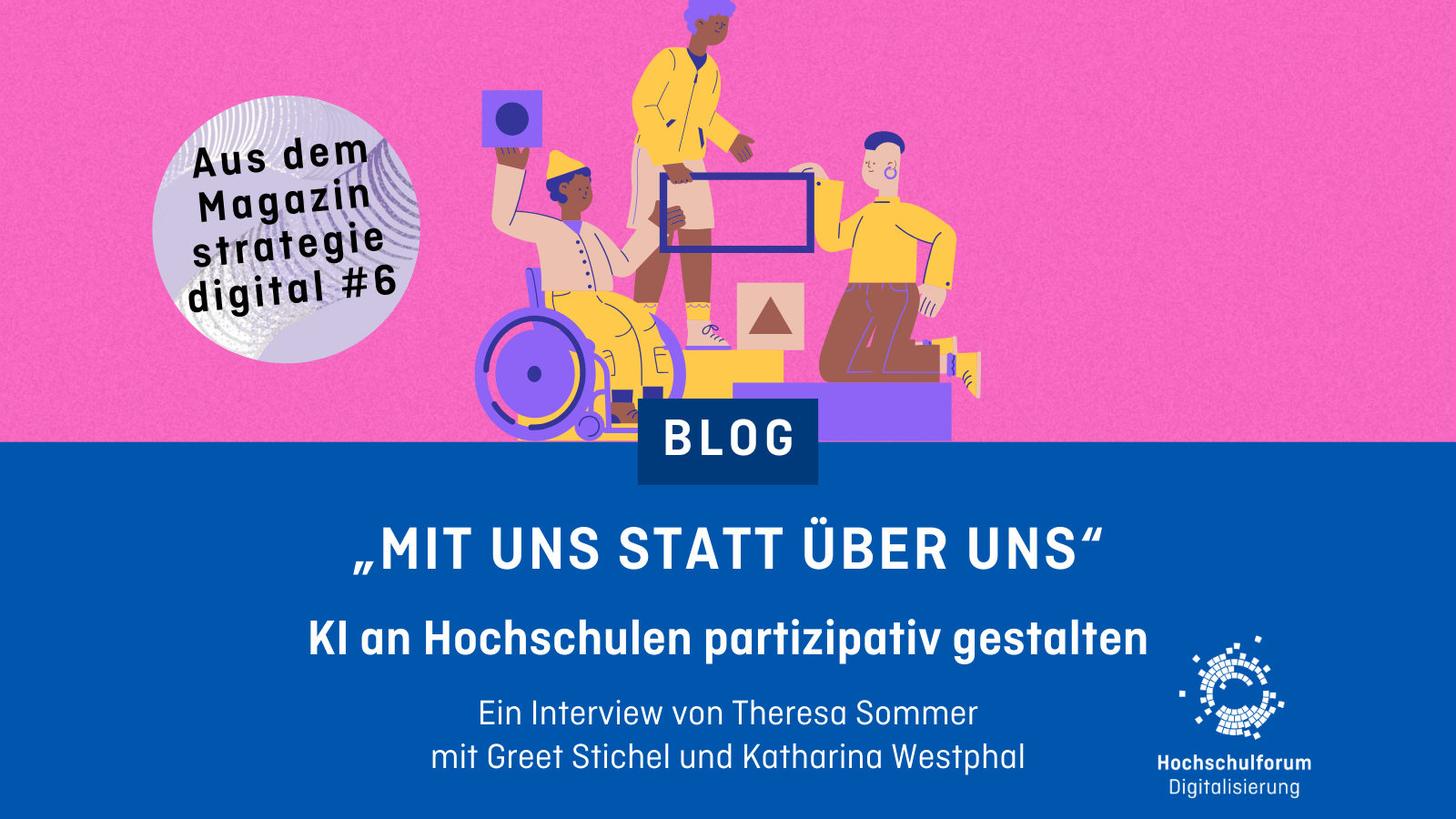
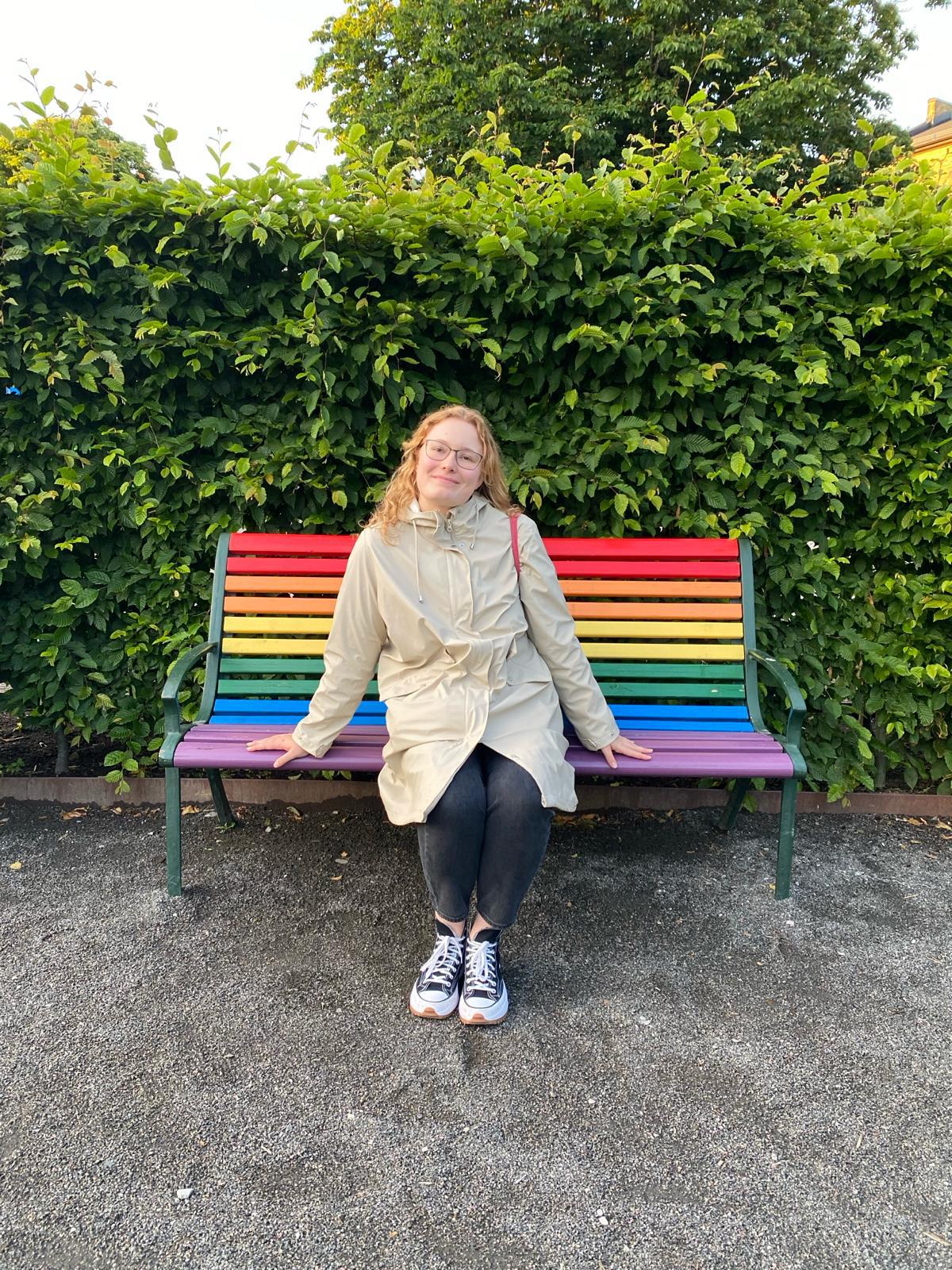 Inga Gostmann
Inga Gostmann 